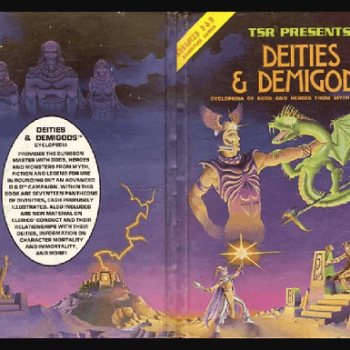Call for papes: International Conference “The Medieval Eschatology”
The conference will be held at the School of Geography & History (University of Santiago de Compostela) on 28th – 29th July 2020. Deadline for submission of proposals: 15 May 2020.
Eschatology is one of the central components of medieval Christian culture. The end of the world, the Last Judgment, salvation, Messianism, the Antichrist, the Apocalypticism and millenarianism are inescapable elements in what we may generally describe as “Medieval eschatology”. In this universe, the coming of the Antichrist antedated the Last Judgment and the end of the world. This favoured the appearance of prophecies and contributed to the shaping of a present “on standby” on the basis of a future of salvation or damnation with the Last Judgment on the horizon. This medieval eschatological scenario can be found across events, authors, texts, social movements or cultural and artistic representations.
A far as events are concerned, the early medieval fears crystallized in the “fear of the year 1000”, the expectations of the end of the world during the 11th century, the “Investiture Controversy”, the catastrophes associated sometimes to the Antichrist of the last emperor, the Great Schism of 1378, not to mention many other events of different nature that we can identify in a variety of settings of the Medieval Western world and which have been interpreted in eschatological terms.
In other sense, eschatological mechanisms can also be found in medieval texts, authors and thinkers. This end-of-the-world traces can be identified in Beatus of Liébana and the Asturian Chronica Prophetica but also in De Liutprand, Raoul Glaber, Adémar de Chabannes or Helgaud. After the 12th century, the speculations on the future grew more developed. Particular mention deserve Gerhoh de Reichersberg, Hildegarda de Bingen and, most particularly, Joachim of Fiore, who in the 13th century, had a lot of influence in the Franciscan order in such authors as Pedro Olivi, Ubertino of Casale, Ramón Llull, Arnaldus de Vilanova or Jean de Roquetaillade. Later, they would be joined by such figures as Vicente Ferrer, Mamfred de Verceil or Bernardino de Siena, to cite but a few. There are even some authors and texts that include eschatological principles without this being their main purpose. Such is the case of some Chronicles, Histories, Annals and other text types (treaties, mirrors for princes, travel books, etc.).
As to social movements, from the 13th century, fundamentally, a number of heretic agitation and revolts where eschatological ideas emerge have been identified. These include, for instance, the apostolici, the Beguines and Beghards, or the Hussites, among others. Lastly, the representation of eschatological images in the Beati or in illuminated texts and the representation of the Last Judgments in architecture are just the artistic manifestation of the problem that is the subject of study of this Conference.
It is therefore the intention of the International Conference “The Medieval Eschatology” to provide a venue for reflecting on these as well as other eschatological issues that may be proposed. This can be done analytically or descriptively from both a practical and theoretical approach. Starting there, we can look at what their purpose was and at what meanings they have been given in different contexts and spaces. The Conference welcomes multidisciplinarity and encourages the participation of researchers from the fields of history, history of the art, literary studies, philosophy and political sciences. It is our aim to bring together different views in order to encourage a theoretical and practical reflection on eschatological concepts, their meaning and uses.
On the basis of the above, the following will be the main pillars on which this Conference will be built:
- The study of events (and/or their interpretations) with an eschatological component.
- Reflecting on authors who have eschatological thinking or where eschatology is present.
- Research into eschatological texts (Chronicles, Annals, apocalyptic treaties, sermons, commentaries, etc.), their dissemination and sources.
- The study of the social and mental involvement of eschatology in the medieval social movements and revolts.
- The study of medieval eschatological concepts such as time, space, salvation, fear, prophetism or Messianism, among others.
- In-depth theoretical or historiographical research into the variety of issues mentioned above.
- The interpretation of all things eschatological after the medieval times and in the near present (cinema, series, novel, comic and videogames).
More information at the website: https://escatologiamedievalciem.webnode.es/
Via RelCFP













